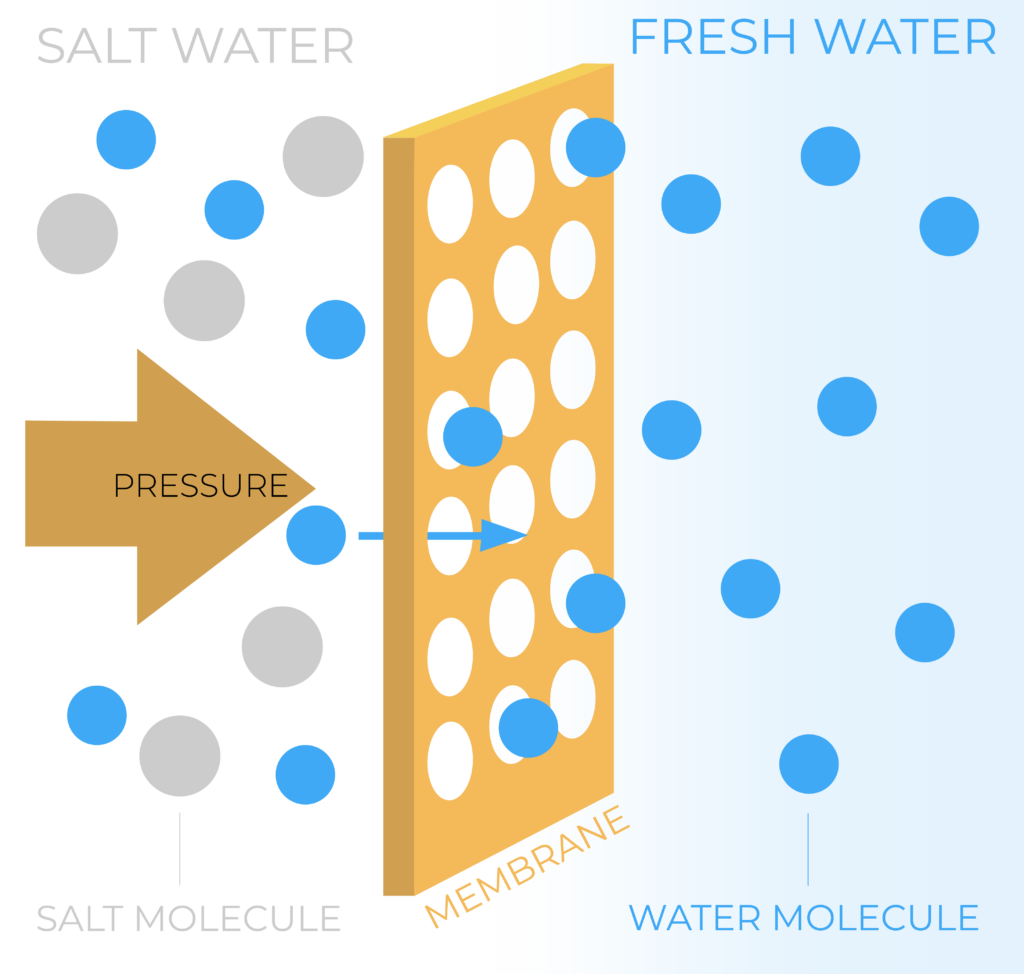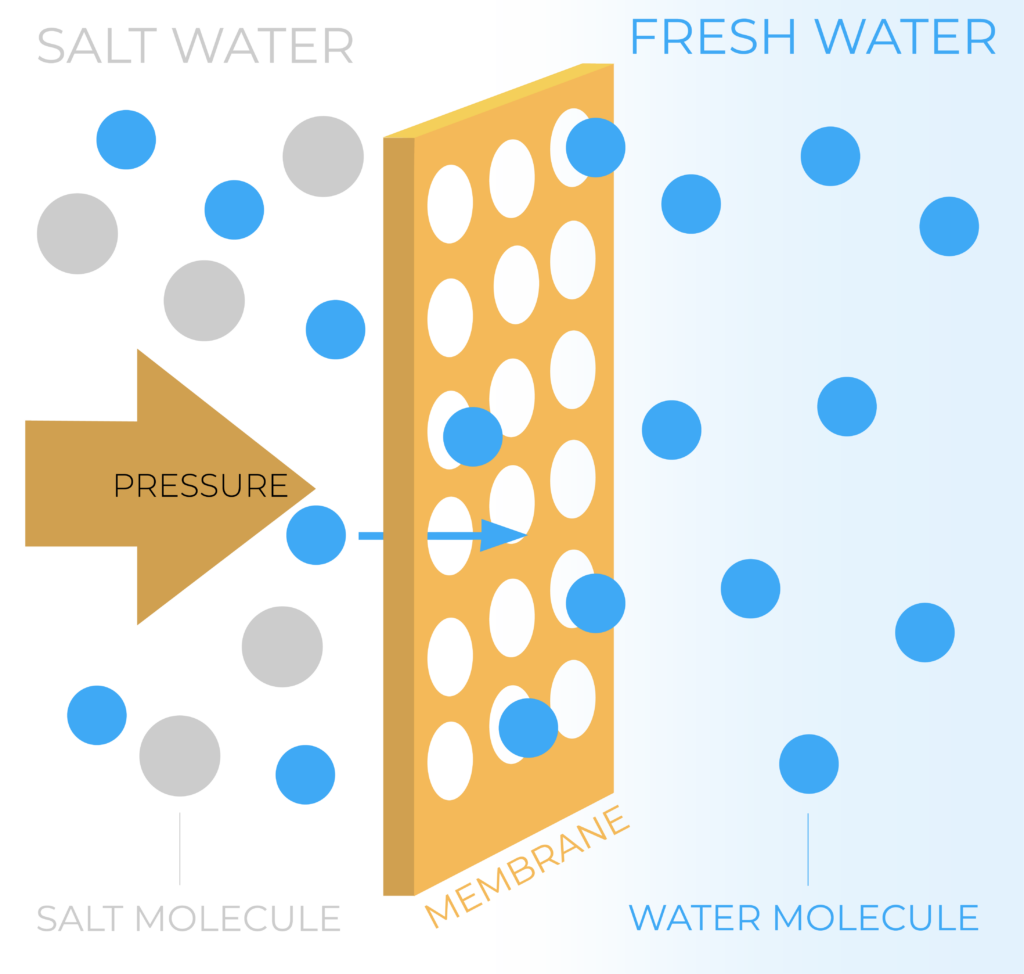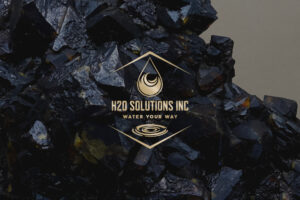
Common Water Filration FAQ’s | H2O Solutions
When considering making a big purchase, such as a water filtration system, you’ll want to make sure you’re well educated. Here are some of the most common water filtration facts

Share This Post
When to Change Your H2O Solutions EcoWater Reverse Osmosis Pre, Post, Membrane, and pH Alkaline Filters

Maintaining the efficiency of your reverse osmosis (RO) system is key to ensuring that you have access to clean, safe water. H2O Solutions EcoWater Reverse Osmosis systems, like many other RO systems, rely on multiple filters to remove contaminants from your water and ensure that your household gets the purest water possible. The Reverse Osmosis systems work by pushing the water through a semi-permeable membrane. This membrane filters out sediment and water contaminants. Over time, these filters become clogged and lose their effectiveness. Knowing when to change your H2O Solutions EcoWater reverse osmosis pre-filter, post-filter, membrane, and pH Alkaline filter is essential to maintaining your system’s performance. We at H2O Solutions offer a rental program to provide you with affordable Reverse Osmosis filters right to your front door. Here’s a breakdown of each filter and when it’s time to replace it.
The pre-filter is the first filter the water is pushed through in your RO system. It consists of a sediment filter and a carbon filter, which work together to remove larger particles such as dirt, rust, chlorine, and other contaminants before the water reaches the membrane.
When to change it:
The membrane is the second filter the water is pushed through. It removes contaminants like lead, chlorine, pesticides, heavy metals, and bacteria. The membrane works by filtering out small particles, ensuring that only pure water is passed through.
When to change it:
The post-filter is the third stage of the RO system. After the water passes through the membrane, the post-filter further removes any remaining odors or flavors, ensuring that the water tastes crisp and clean.
When to change it:
Some H2O Solutions EcoWater reverse osmosis systems are equipped with a pH filter, which adds minerals back into the water to help maintain a neutral or slightly alkaline pH. This filter can help prevent the water from becoming too acidic, which can affect both taste and health.
When to change it:
Changing your filters on schedule ensures your H2O Solutions EcoWater reverse osmosis system operates efficiently, providing clean and great-tasting water. Delaying or neglecting filter changes can lead to:
In conclusion, staying on top of filter changes for your H2O Solutions EcoWater reverse osmosis system is crucial for optimal performance and water quality. Set reminders, monitor your system’s output, and replace filters at the appropriate intervals to ensure you always have access to pure, clean water. If you’re ever unsure about when or which filter to replace, reach us at 509 991 1938 or contact us. We look forward to hearing from you!
Published on: 3/28/2025
Last updated on: 3/28/2025
More To Explore

Common Water Filration FAQ’s | H2O Solutions
When considering making a big purchase, such as a water filtration system, you’ll want to make sure you’re well educated. Here are some of the most common water filtration facts

Arsenic in Spokane Drinking Water: What’s the Risk?
According to the Environmental Protection Agency (EPA) and the Environmental Working Group (EWG), Spokane’s municipal drinking water has 3.19 ppb of arsenic. The EWG’s health guidelines define a safe amount
Request Your Free Water Analysis Today!